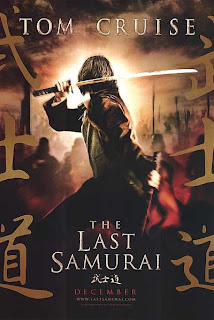
This excerpt can be found here.
November 30, 2009
“The Incredibles” was an incredible box office success, something Stuart Croft admits might be due to the popularity of other family, animated movies during this time; but the author also suggests another, more political, reasoning behind the success of this movie. Mr. Incredible is a retired superhero, put out of commission after the people he once spent his days saving from certain destruction rejected him. He and his superhero family now live mundane, middle class lives. Once danger reveals itself again, the Incredibles must return to superhero status in order to save the society, once again, from inevitable devastation. The author sees that the parallels the Incredibles share with America during this time are what lend it support among many Americans. America is now living off past glory, but many are becoming tired of this empty, grandiose promise. They need a new threat, terrorism, to show that they can still do great things, and ‘save’ the world. In the end, it incites a very real fear that the current war will be brought to America, when Cyndrome brings his weapons of mass destruction over to the Incredibles’ home town.

Citing the same reasons “The Incredibles” was successful, Croft makes another argument citing why “The Last Samurai” was not. The movie is about a respected, decorated military officer who was the sole survivor in a mission to defeat the great Samurai in Japan. Captured by these people, he assimilates to their ways, which involve a kind of morality lost in American values of that time, and learns to respect them. It is believed that the failure of this movie and the brutal criticism it received directly relate to the fact that it was a criticism of popular American policies.
No comments:
Post a Comment